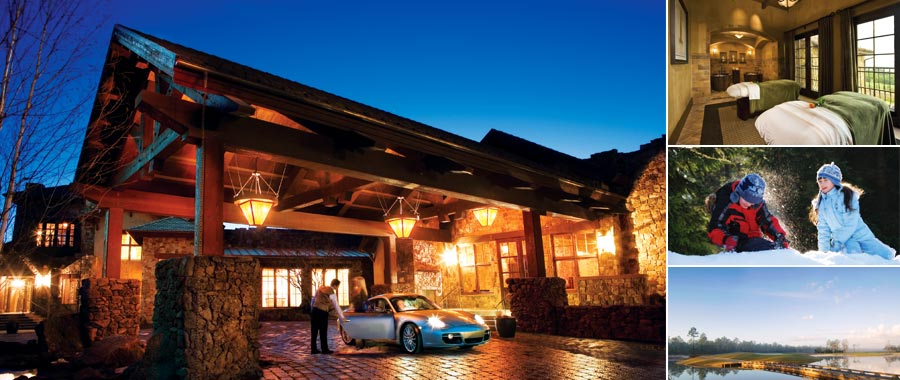For Brazil, It's Finally Tomorrow
How the country of the future has at last made it-and what remains to be done
MARCH 29, 2010
By PAULO PRADA
For the past century, Brazil has been a land of great potential-but few results. With runaway inflation and stratospheric national debt, the country was too much of a mess for anyone to take it seriously on the world stage.
How times have changed.
Consider this: In the face of the worst global economic crisis since the Great Depression, Brazil's economic output dipped a tiny 0.2% last year, and is expected to grow as much as 6% this year. Everyday Brazilians have been too busy buying washing machines, cars and flat-screen televisions to even notice the downturn.
Brazil is already the biggest economy in Latin America and the 10th-biggest in the world. By 2050, it will likely move into fourth place, leapfrogging countries including Germany, Japan and the U.K., according to a study by Goldman Sachs.
Big Promise
Brazil has always had a lot to live up to, simply because of its size. The country is bigger than the contiguous U.S. and has almost as many people as Germany, France and the U.K. combined. Yet except when it came to soccer and music, many Brazilians themselves tended to believe the notion-apocryphally attributed to Charles de Gaulle-that "Brazil is not a serious country."
Things started changing in the 1990s. The government adopted strict monetary policies and a laser-like focus on balancing the books. That fiscal prudence has given the country remarkable cash reserves-and breathing room during crises.
For instance, when the big downturn hit in 2008, private lending began to dry up. So the government, flush with cash reserves and the keys to an aggressive development bank, ordered state-run lenders to open the credit taps. The banks complied, lending out record amounts last year to Brazilians eager to join the country's quickly growing consumer class. Internal demand soared, softening the blow of the slowdown.
"This is a different Brazil than 10 years ago," President Luiz Inácio Lula da Silva boasted recently. Back then, he said, "the crisis in Greece would have already bankrupted Brazil."
What's more, there's now a political consensus to avoid the mistakes of the past. Until recently, elections in Brazil were considered make-or-break contests between irresponsible, populist proposals and the voices of investment, stability and growth. Now neither leading candidate from the right or left in October's election is expected to stray far from current economic policies, a functional blend of pro-business market rules and social-welfare programs.
Even a pledge for a bigger state role in the economy by Dilma Rousseff, Mr. da Silva's outgoing chief of staff and his hand-chosen successor as the party's candidate, isn't scaring off the business community. "It's refreshing to have an election and see there's no fuss about either outcome," says Andrew Béla Jánszky, a Brazilian investment lawyer in the São Paulo office of Shearman & Sterling LLP. "For once, stability is almost a given."
The hard work has also enabled Brazil-already a leading exporter of iron ore, steel, coffee, soybeans, sugar and beef-to soar in sectors it once only dreamed about. After decades of research and investment, Brazil in 2007 discovered mammoth new oil beds beneath the Atlantic that are expected to double output in the coming years-generating billions of dollars in new revenue annually.
Cleaning House
The results of all these changes have been dramatic. The economic turnaround has pulled millions out of poverty and is creating a thriving middle class. For instance, Brazil's northeast, long the source of internal migration to more-prosperous cities down south, now outpaces the rest of the country in growth. Companies there are scrambling to train workers, many experienced only as field hands, to build cars, appliances and computer parts.
The country's promise is such that events that once rattled the faith of local and foreign investors are now taken largely in stride-be it the global financial meltdown or Mr. da Silva's bear hugs and backslaps with leaders of regimes in Havana, Tehran and Caracas.
To casual observers, things will look better as Brazil gears up for hosting soccer's World Cup in 2014 and the Summer Olympics in Rio de Janeiro in 2016. New roads and airport terminals will be christened along with modernized stadiums and scenic, well-policed promenades.


